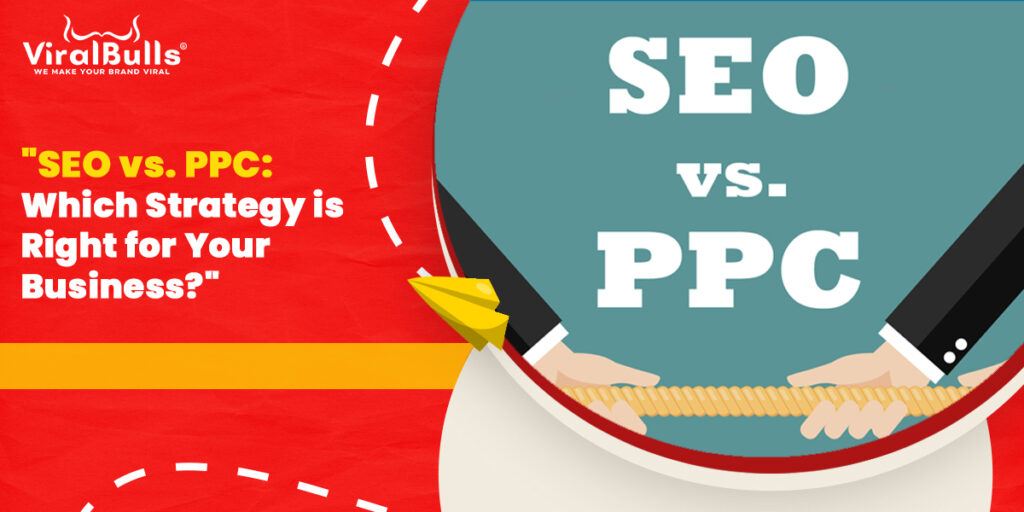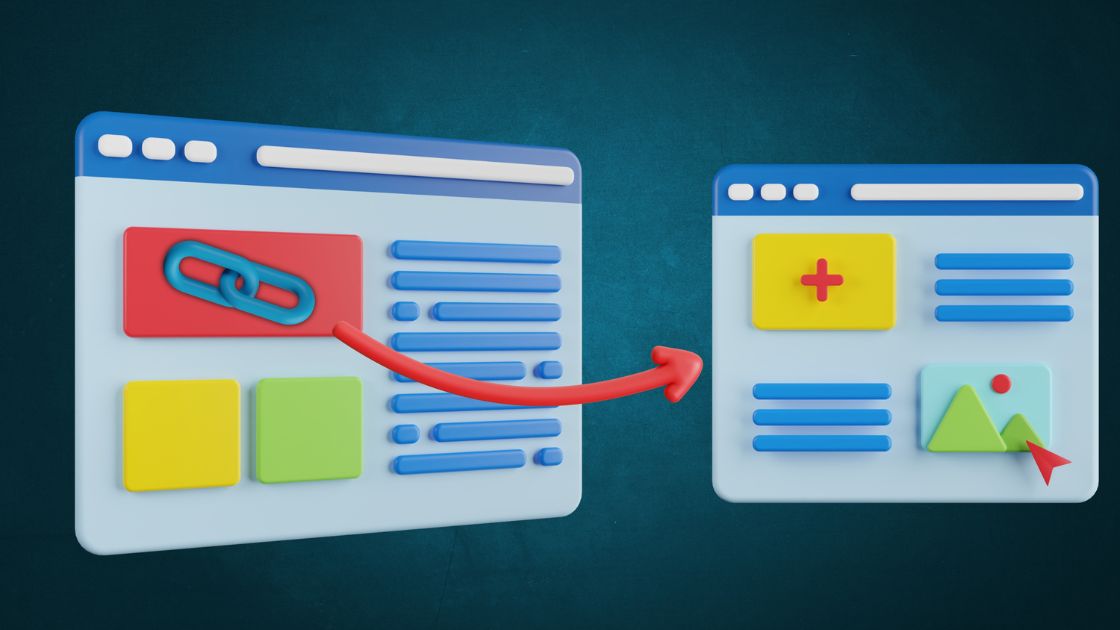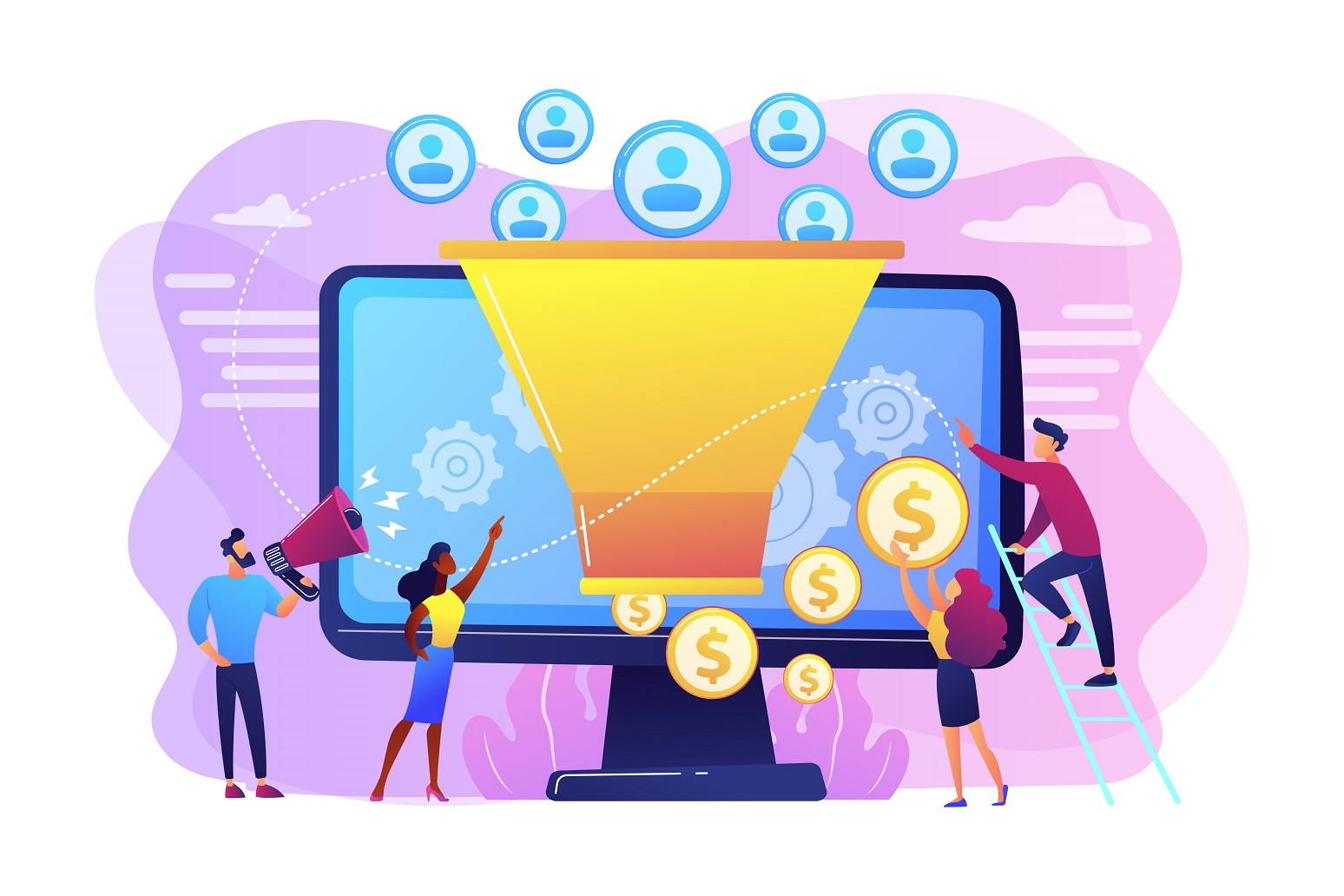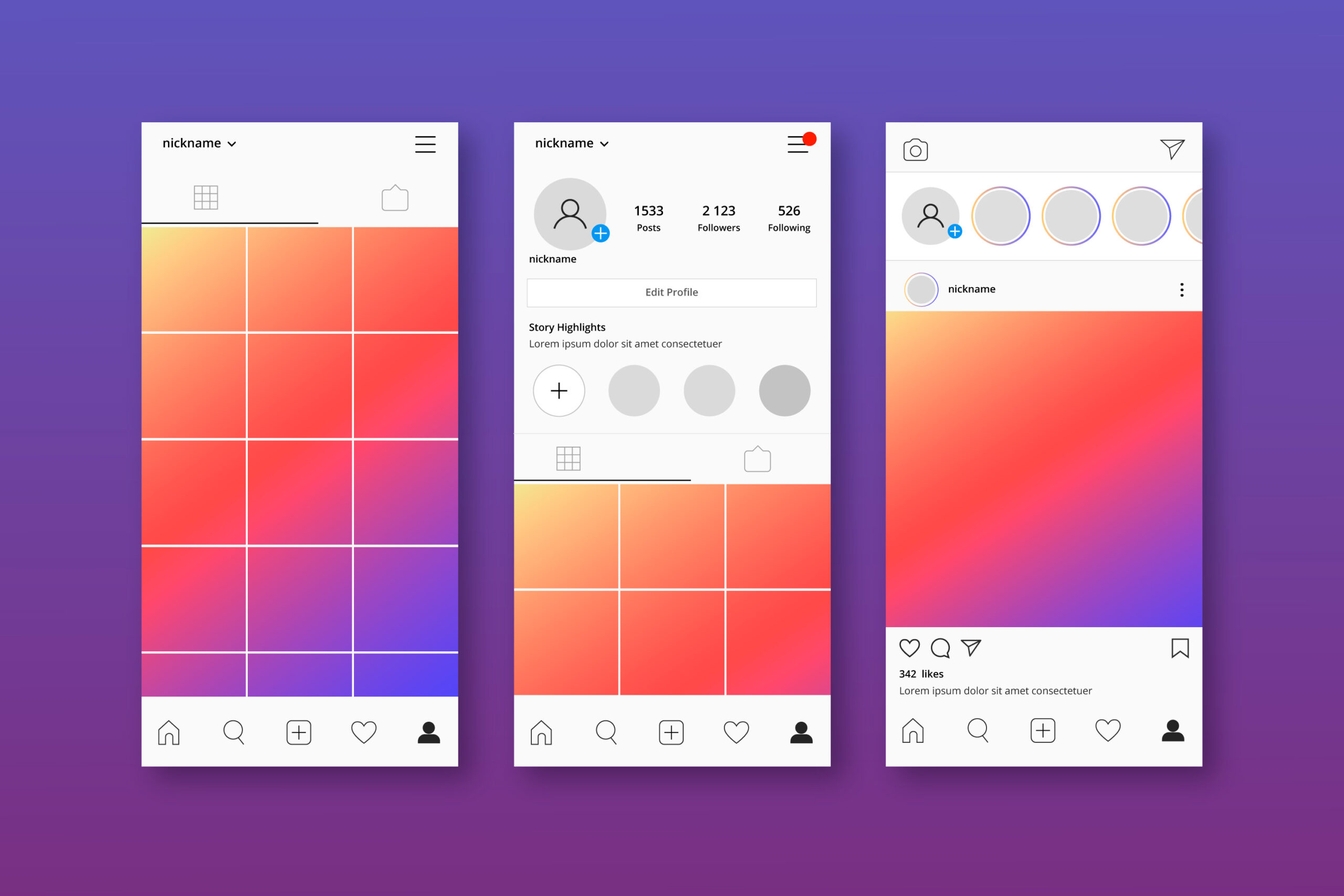
SEO vs. PPC In the digital landscape, businesses are constantly striving to attract more customers and increase their online visibility. Two powerful strategies that come into play when it comes to online marketing are Search Engine Optimization (SEO) and Pay-Per-Click (PPC) advertising. Both strategies have their unique advantages and can significantly impact the success of a business, but choosing the right approach requires a thorough understanding of their nuances.
Search Engine Optimization, or SEO, is the practice of optimizing a website to improve its visibility and organic (non-paid) rankings on search engine results pages (SERPs). SEO involves various techniques, such as keyword research, on-page optimization, technical optimizations, link building, and content creation, all aimed at improving a website’s relevance and authority in the eyes of search engines.
On the other hand, Pay-Per-Click advertising, commonly known as PPC, is a model in which advertisers pay a fee each time their ads are clicked. These ads typically appear at the top or side of search engine results pages, marked as “sponsored” or “ad.” PPC campaigns are managed through platforms like Google Ads, where Advertisers place bids on precise, audience-relevant keywords. The ads are displayed when users search for those keywords, and advertisers pay only when their ads are clicked.
Understanding SEO
Search Engine Optimization (SEO) involves optimizing your website and its content to rank higher in organic search results. SEO aims to improve the quality and quantity of traffic to your website through search engines like Google, Bing, or Yahoo. It includes a variety of strategies, including content production, link building, on-page optimization, and keyword research.
Advantages of SEO
1. Cost-Effective: Unlike PPC, SEO does not involve direct payments for ad placements. It is an organic method that primarily requires time and effort to implement.
2. Long-Term Benefits: SEO, when executed effectively, can lead to sustained organic traffic and visibility over time.
3. Credibility and Trust: Higher organic rankings instil trust and credibility in potential customers, as they perceive top-ranking websites as more authoritative and reliable.
4. Broader Reach: SEO allows you to target a wide range of keywords and attract diverse audiences.
Limitations of SEO
1. Time-consuming: SEO is a long-term approach that calls for perseverance and regular effort. Significant results could not be seen for several months.
2. Algorithmic Changes: Search engines frequently update their algorithms, which can affect your website’s rankings. It’s crucial to keep up with these changes.
3. Competition: As SEO is widely adopted, the competition for top rankings in SERPs can be fierce, especially in highly competitive industries.
Introduction to PPC
Pay-Per-Click (PPC) is an advertising model in which businesses pay a fee each time their ad is clicked. It allows advertisers to bid on keywords relevant to their target audience and display their ads prominently in search engine results. Google Ads and Bing Ads are popular platforms for running PPC campaigns.
Advantages of PPC
1. Immediate Results: Unlike SEO, PPC can drive instant traffic to your website as soon as your ads are live.
2. Targeted Advertising: PPC offers advanced targeting options, allowing you to reach specific demographics, locations, and interests.
3. Measurable and Controllable: PPC campaigns provide detailed analytics and performance metrics, allowing you to monitor and optimize your ad spend.
4. Flexibility: With PPC, you have full control over your ad campaigns, enabling you to make real-time adjustments based on performance.
Limitations of PPC
1. Cost: PPC campaigns require a budget for ad spend, and costs can quickly add up, particularly for competitive keywords.
2. Ad Fatigue: Some users tend to ignore paid ads and focus on organic search results, resulting in lower click-through rates.
3. Learning Curve: Effectively managing PPC campaigns requires knowledge of keyword research, bidding strategies, and ad copy optimization.
4. Ad Disapproval: Platforms like Google Ads have strict guidelines, and ads may get disapproved if they violate their policies.
SEO vs. PPC: A Comparative Analysis
To determine the right strategy for your business, let’s compare SEO and PPC based on various factors:
1. Cost: SEO is cost-effective in the long run, while PPC involves direct costs.
2. Timeframe: SEO takes time to show significant results, while PPC offers immediate visibility.
3. Sustainability: SEO provides long-term organic visibility, while PPC requires ongoing investment.
4. Targeting: PPC offers precise audience targeting options, while SEO targets a broader range of keywords.
5. Competition: SEO faces competition for organic rankings, while PPC competes for ad placements.
6. Analytics: PPC provides detailed analytics, while SEO metrics can be more challenging to track accurately.
Factors to Consider in Choosing the Right Strategy
When deciding between SEO and PPC, consider the following factors:
1. Budget: Assess your available budget and determine how much you can allocate to advertising.
2. Timeframe: Evaluate your business goals and determine whether you need immediate results or long-term sustainability.
3. Competition: Research your industry’s competitive landscape and identify the feasibility of organic rankings.
4. Target Audience: Understand your target audience and their preferences to choose the most effective strategy.
5. Resource Allocation: Consider the availability of in-house expertise or the need to hire professionals for SEO or PPC management.
Conclusion
In conclusion, the debate between Search Engine Optimization (SEO) and Pay-Per-Click (PPC) advertising is a complex one, and the right strategy for your business depends on various factors. Both SEO and PPC have their strengths and weaknesses, and understanding them is crucial to making an informed decision.
SEO, as a long-term strategy, focuses on optimizing your website to rank organically in search engine results. It necessitates patience, diligence, and in-depth knowledge of search engine algorithms. The benefits of SEO include increased visibility, credibility, and sustainable organic traffic.
It also allows you to target a wide range of keywords and gain a competitive edge in the long run. However, SEO requires ongoing optimization and continuous adaptation to algorithm updates, which can be time-consuming and challenging.
On the other hand, PPC offers immediate visibility by placing your ads at the top of search engine results pages. It is a paid advertising model where you bid on keywords and pay only when users click on your ads. PPC provides quick results and allows for precise targeting, as you can choose specific demographics, locations, and interests.
It also offers flexibility, as you can adjust your budget and campaigns in real time. However, PPC can be expensive, especially in competitive industries, and requires constant monitoring and optimization to achieve a positive return on investment






